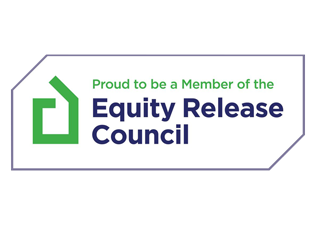Impaired Credit Mortgages, CCJs, Adverse Credit History, Poor Credit History, Dissolved IVAs, Dissolved Bankruptcy
We have experience in dealing with all these issues and helping our customers find suitable mortgages for their situation.
Have you been refused a mortgage because of your credit history?
Get in touch and we'll explore your optionsWhy have you been refused a mortgage?
There are a number of reasons why you may have been refused a mortgage and you may or may not know what they are:
- County Court Judgements (CCJs) where perhaps you have failed to pay a bill and have been taken to court to enforce payment.
- If you have defaulted on a loan by missing a payment on a Hire Purchase (HP) agreement.
- You may have mortgage arrears which have arisen for various reasons. The most common are due to sickness or unemployment, but there are also other reasons why you may have fallen behind.
- Bankruptcy orders or even bankrupts who have been discharged.
- Individual Voluntary Arrangements (IVAs), where you agree to pay back a monthly amount of money to creditors, which is not the full amount owed, over a certain period of years. Although the courts see this as preferable to bankruptcy, not all lenders see it in the same way.
Good news
The good news is that lenders apply widely differing credit scoring systems. This means that some lenders will be more likely to consider an application from you than others. There are a number of mortgage lenders who cater for individual cases with impaired credit, as no two cases are the same.
There is flexibility to allow lenders to focus on the individual mortgagee at time of application, e.g. whether you are willing and able to make your repayments, rather than whether you have historically always done so.
First steps
The first step may be to acquire your Credit File to establish your credit score.
This will provide credit history details about you over the previous six years, including both mortgages and unsecured debt (e.g. credit cards, loans, car finance, overdrafts, mobile phone contracts and utility contracts, such as gas and electricity). In addition, your credit file will give details of your payment history for these credit agreements.
The most widely used credit file checking agencies that lenders use are Equifax and Experian, although there are other agencies available.
N.B. Checking your credit file in excess could adversely affect your credit score. You may be charged by credit file agencies for accessing your credit file.
Contact us, you’ve nothing to lose but much to gain
Offers are subject to individual circumstances. Call us now on 01223 329666.
Get in touch to discuss your options





